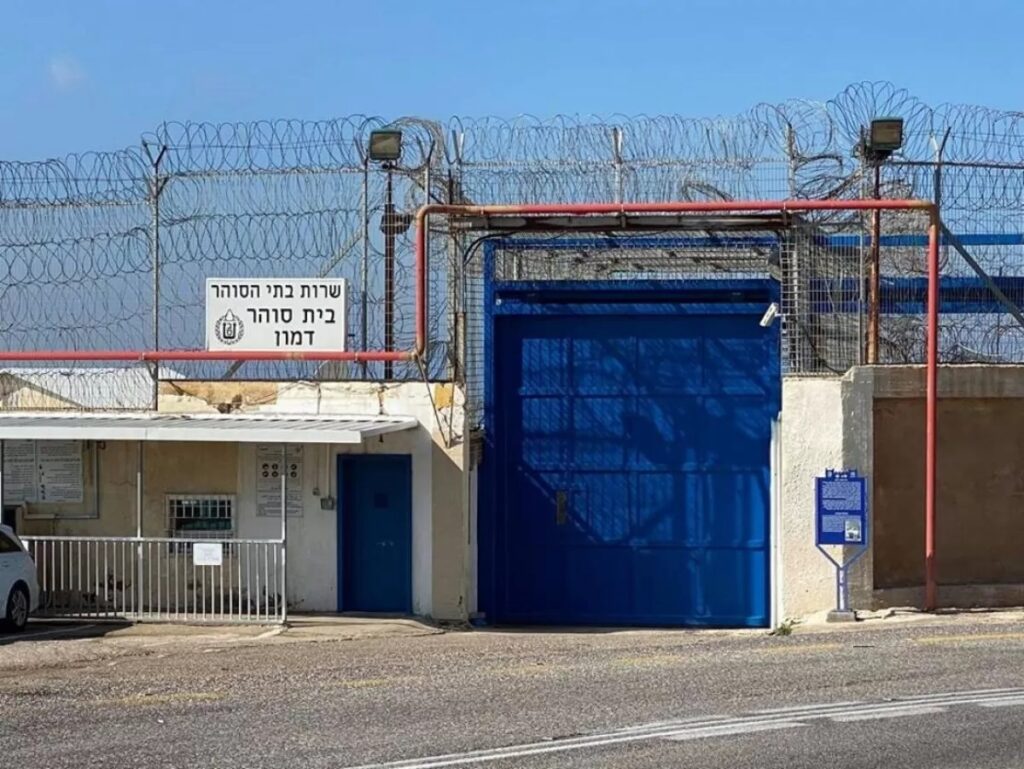Watan–The Palestinian activist Bushra Al-Tawil, recently released from Damon Prison in northern Israel, revealed shocking details about her suffering during her detention, describing what she endured as “the most difficult” experience of her life.
This came during an interview conducted by the Anadolu Agency with Al-Tawil at her family’s home in Al-Bireh, in the central occupied West Bank, following her release late Sunday/Monday as part of the first phase of a prisoner exchange deal and a ceasefire agreement in the Gaza Strip.
Al-Tawil, a journalist and social activist, stated that she had been arrested several times before in Israeli prisons, but her most recent arrest was “more brutal and savage than ever before.”
She added: “I was severely beaten, and Israeli soldiers forced me to leave the house from which I was arrested without my hijab for 14 hours. That was the hardest situation I have ever experienced in my life.”
Al-Tawil pointed out that the Israeli abuse of prisoners has intensified due to the genocide war in the Gaza Strip. “The occupation launched brutal campaigns since October 7, arresting journalists, human rights activists, even former prisoners, and anyone who expressed their opinion or called for the protection of Gaza’s children.”

Administrative Detention Without Charges
The Palestinian journalist explained that she was arrested without any clear reason, as she had not posted anything on social media, yet she was placed under administrative detention without any specific charges being brought against her.
She also revealed that Israeli forces destroyed the home of her friend where she was at the time of the arrest. The interrogator mocked her, saying: “I’ll make you indebted to your friend for years (to repair the house).”
Al-Tawil described Damon Prison as “a cemetery for the living in every sense of the word,” noting that the female prisoners were completely isolated from the outside world. Televisions and radios were confiscated, and visits were prohibited.
She also spoke about the poor conditions inside the prison, stating that the food was of extremely poor quality and “not fit for human consumption. We ate just to stay alive. The soup was just water, and you might find insects in it.”
She confirmed that all the prisoners lost weight due to malnutrition and lack of medical care, pointing out that there were severe medical cases that were not even examined.
Israel released 90 Palestinian prisoners, most of whom were women and children, in exchange for Hamas releasing three Israeli women held captive in Gaza.
Al-Tawil’s testimony sheds light on the daily suffering of Palestinian prisoners in Israeli prisons and highlights the gross violations they endure amid global silence. Israel currently detains over 10,300 Palestinian prisoners in its prisons.
